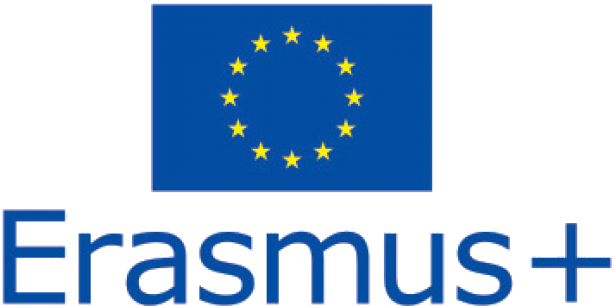
Erasmus+ Key Action 203 – Strategic Partnerships
Flipped Learning Practices to Release Maths Anxiety with the Use of Robotics MINDMATHS



About the Project
The project “Flipped Learning Practices to Release Maths Anxiety with the Use of Robots” approved within the scope of KA203-Strategic Partnerships in Higher Education Field in the Erasmus+ Programme coordinated by the European Union and the Turkish National Agency was launched at Kocaeli University, Education Faculty, the Department of Basic Education. The project will last 24 months starting on 01.09.2020 and ending on 30.08.2022. The partnership consortium consists of four higher education institutions, a school of robotics and an ed-tech enterprise which are Çanakkale Onsekiz Mart University (Turkey), University of Latvia (Latvia), Instituto Politecnico de Viseu (Portugal), Scuola di Robotica (Italy) and Educloud Ed-Tech (Turkey).
Our Goals
RELEASING MATHS ANXIETY
In order to enjoy the pleasure of mathematics, we aim at disclosing that mathematics is not an isolated subject that has little to do with the objects around us. Learning by having fun is a good way to release maths anxiety.
DIGITAL TRANSFORMATION
We aim at implementing open and innovative practices in this digital era by using and developing digital tools and applying flipped learning as an element of blended learning during the training courses at the final process of the project.
MATHS EDUCATION WITH ROBOTICS
Coding and algorithmic thinking skills are the most desired skills of today’s professions, therefore we aim at integrating robotics into maths education starting from primary school education to show how these disciplines are interconnected with each other and raising learners’ awareness.
Our Activities
The project brings together the higher education representatives, robotics experts and ICT specialists to strive to help teacher students attending primary school teaching departments learn how to release Maths Anxiety with the use of robotics. The project consortium will develop a higher education curriculum and a video library for this purpose.
GET STARTED NOWPartners
Project Consortium consists of 6 partners from 4 programme countries.










